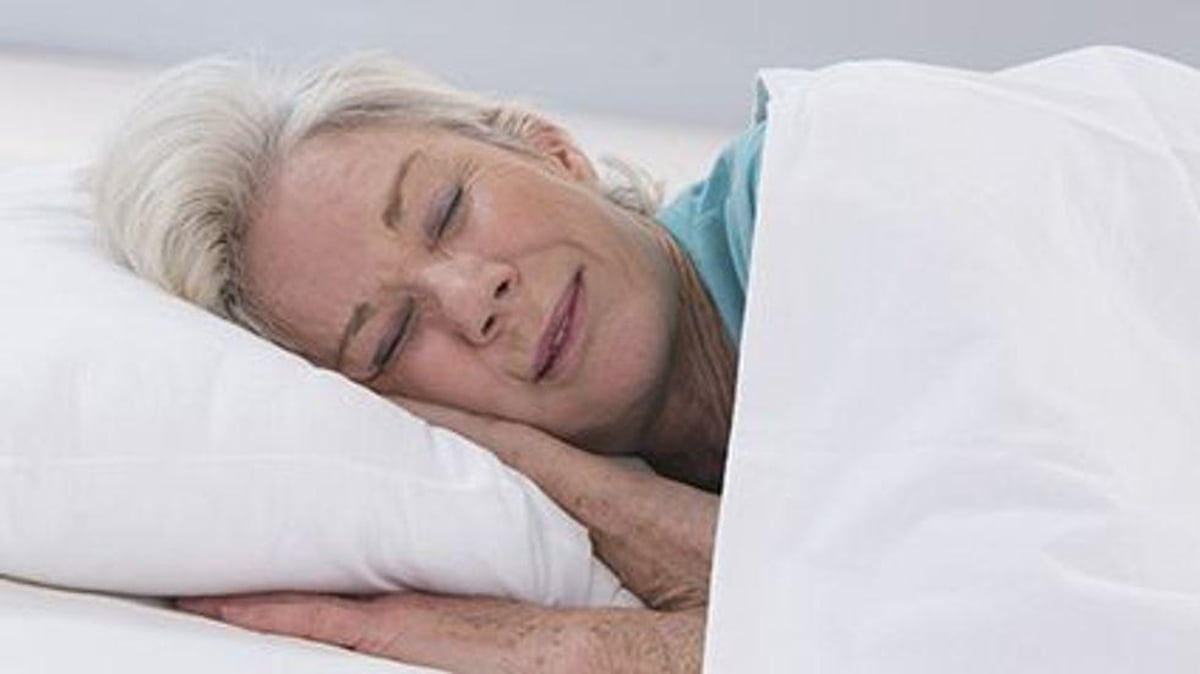Melatonin Aids Sleep in Older Adults

WEDNESDAY, May 25, 2022 (HealthDay News) -- High-dose melatonin may be an effective sleep aid for older adults, according to a study published online April 18 in the Journal of Pineal Research.
Jeanne F. Duffy, Ph.D., from Brigham and Women's Hospital in Boston, and colleagues randomly assigned 24 healthy older adults (age older than 55 years) to receive two weeks of placebo and two weeks of either a low (0.3 mg) or high (5.0 mg) dose of melatonin 30 minutes before lights out. Polysomnography was used to record sleep that was scheduled at all circadian phases.
The researchers found that although 0.3-mg melatonin had a trend toward increasing sleep efficiency overall, this finding was due to its effects on sleep during the biological day. There were significant increases in sleep efficiency with 5 mg melatonin during both biological day and night, mainly by increasing the duration of stage 2 nonrapid eye movement sleep and slightly shortening awakenings.
"It's exciting to see evidence that melatonin may have an impact on sleep at night for older adults because we know that so many older people have trouble sleeping," Duffy said in a statement. "But before taking a dietary supplement, it's important for people to talk to their primary care physician and get a referral to a sleep specialist to rule out an undiagnosed sleep disorder."
Several authors disclosed financial ties to pharmaceutical and medical device companies.
Abstract/Full Text (subscription or payment may be required)
Related Posts
Studies Show COVID Boosters Remain Effective for Months
FRIDAY, Feb. 11, 2022 (HealthDay News) -- The power of COVID booster shots do...
Una dieta baja en fibra en el embarazo podría dañar al cerebro del bebé
VIERNES, 28 de julio de 2023 (HealthDay News) -- Una falta de fibra en la dieta...
Paxlovid Soon Won’t Be Free for Americans
WEDNESDAY, Dec. 7, 2022 (HealthDay News) -- The antiviral Paxlovid has kept...
In the Cards: Simple Test Could Assess Risk of Dementia
THURSDAY, April 20, 2023 (HealthDay News) -- Is there a simple way to screen...
